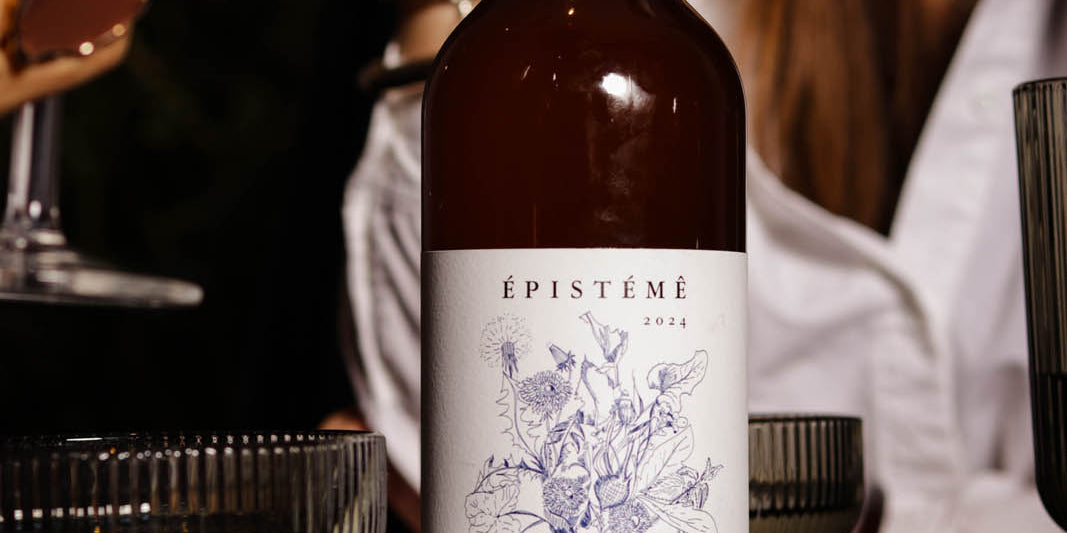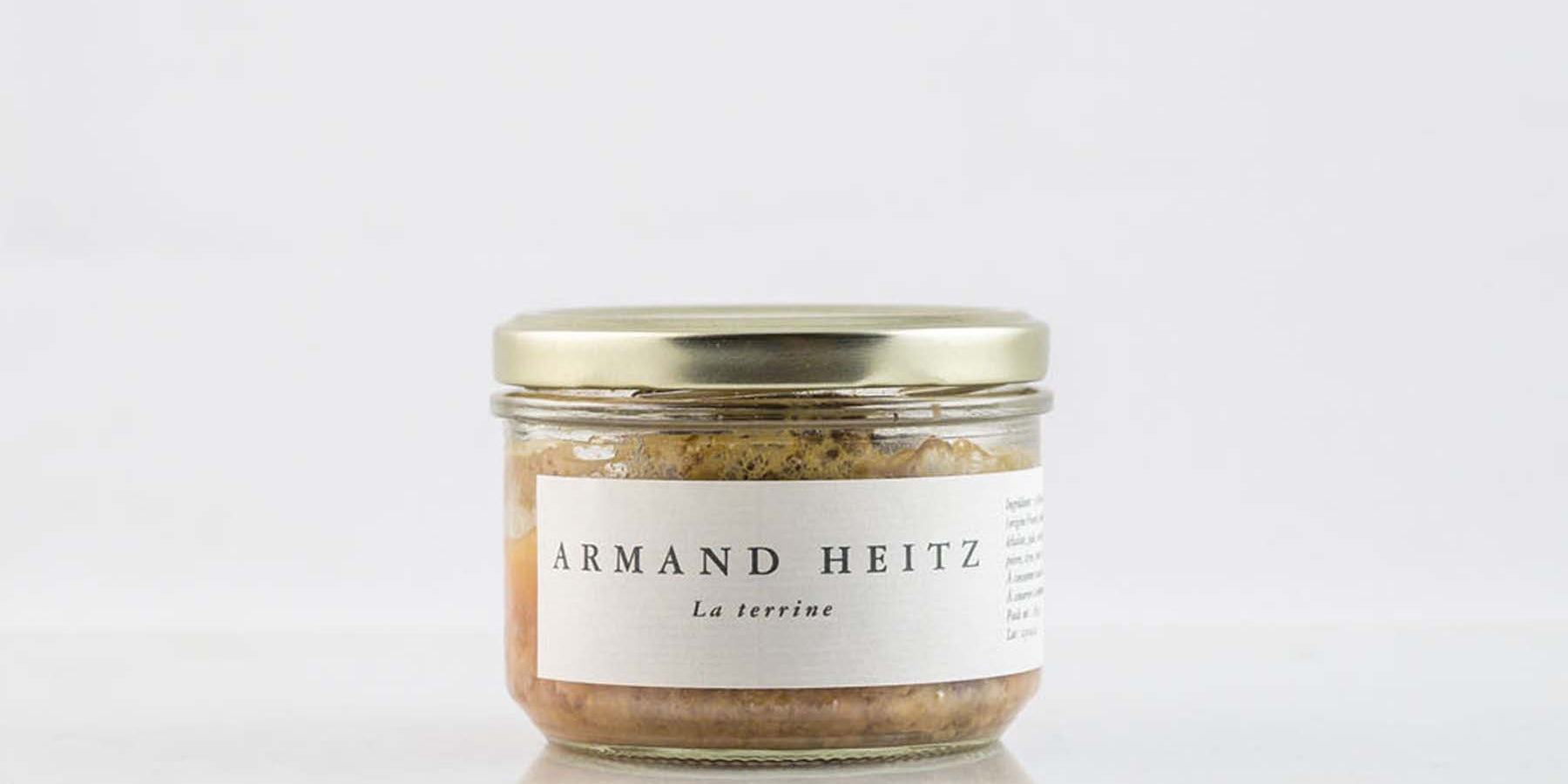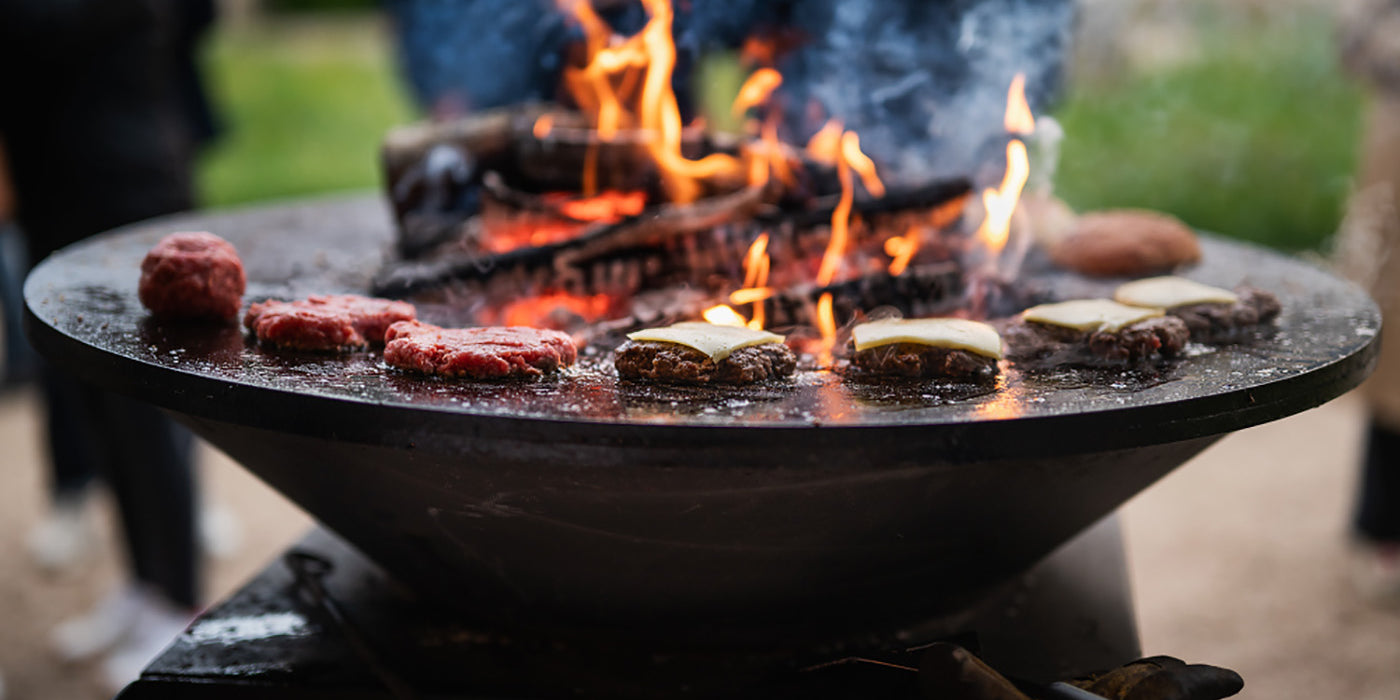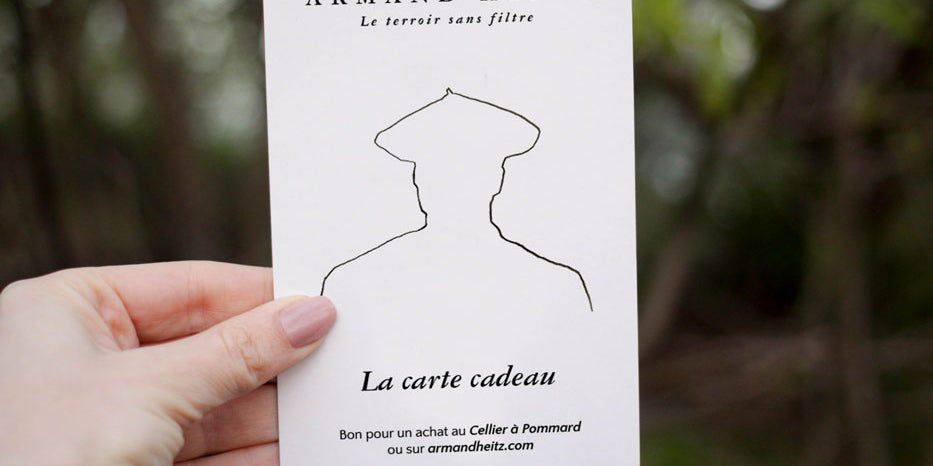diversification
Why breeding?
In 2017, I realized that a wine estate , even one with all the labels, is neither autonomous nor sustainable. This is why I wanted to diversify my activity with livestock farming in order to move towards a more virtuous agronomic model .
Reintegrating animals into the heart of a farm is essential. They consume grass or harmful insects and return as much microbiology to the soil as possible with their droppings. They recycle our waste and contribute to natural selection.
A pasture without animals is a pasture doomed to disappear .













